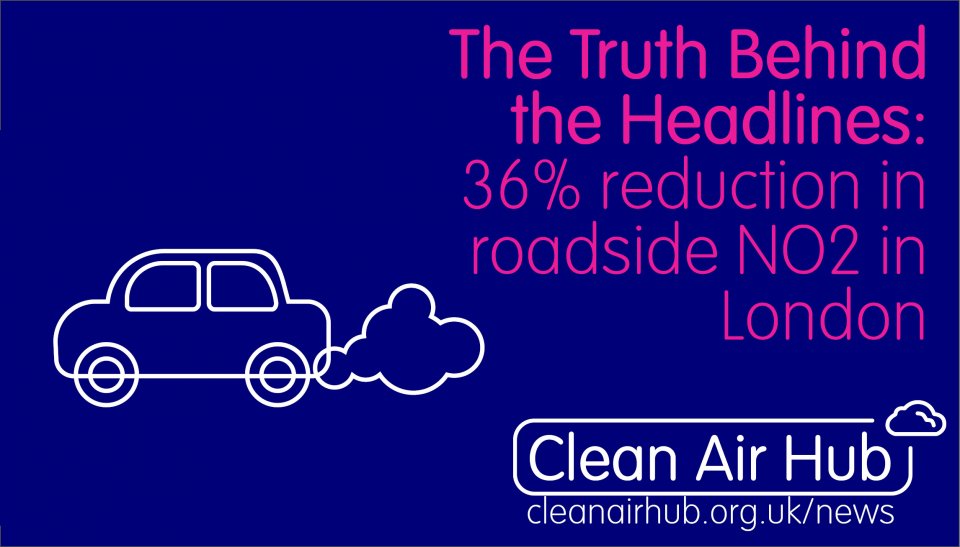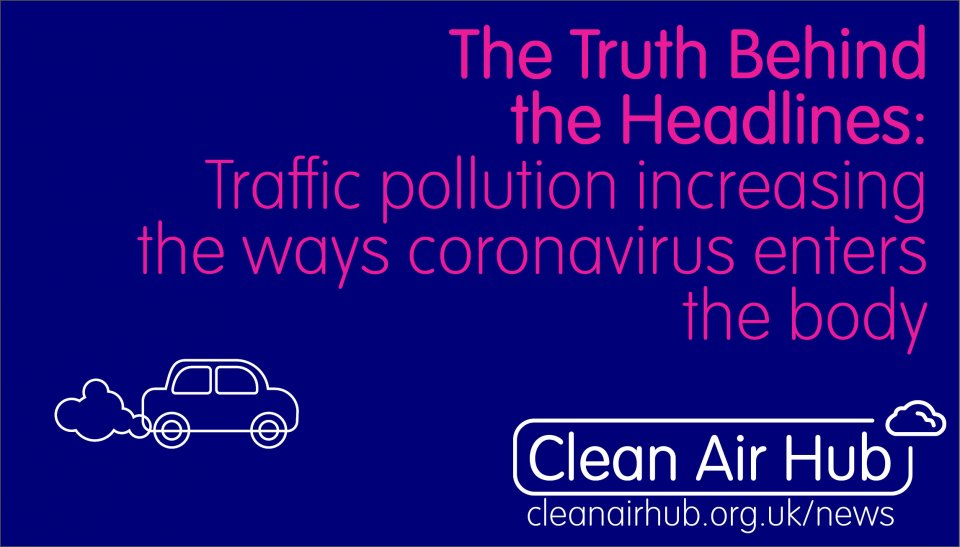News & Stories
Exposure to air pollution is putting professional drivers at a greater risk of cancer, claims one news report. They explain that a new study from the Institution of Occupational Safety and Health (IOSH) has revealed that professional drivers are exposed to high levels of black carbon while driving throughout the day, and often experience very high spikes in pollution levels that can last up to half an hour as the pollution remains trapped within the vehicle cabin.
The highest exposed drivers were taxi drivers, couriers and waste removal drivers.
Long term exposure to air pollution can increase the risk of lung cancer and possibly bladder cancer.
The work also highlights that employers have a legal duty to consider the risk of cancer to their employees from work activities and provides recommendations for change.
Using our recommended five tips, Global Action Plan reviewed the study:
| Questions to ask to get to the truth | Our response |
| 1. Does the article refer to a report to back up its claims? |
The article refers to The Driver Diesel Exposure Mitigation Study (DEMiSt). |
| 2. Who is behind the study it refers to? |
Researchers behind the report are from the MRC Centre for Environment and Health, Environmental Research Group, Imperial College London. The study was funded by the Institution of Occupational Safety and Health (IOSH), a global organisation for health and safety professionals, based in UK. |
| 3. How fantastical and radical is the claim that is being made? |
An initial baseline study of 141 drivers based in London took place from Feb 2018 – July 2019. It examined exposures over four working days across various driving professions.
Then an intervention study of 42 drivers was completed from June to September 2019 to assess the effectiveness of in-cabin filters in reducing driver exposure to air pollution.
Black carbon exposures were measured by providing each driver with a portable monitor which has an in-built GPS. Exposures were measured for 96 continuous hours with monitors placed inside the vehicle cabin for the duration of their working day. Participants also carried the monitor with them outside of work hours.
Diesel exhaust is listed as a class 1 carcinogen by the International Agency for Research on Cancer, determining that exposure to it increases the risk of lung cancer and possibly bladder cancer. The increased exposure to these fumes by professional drivers therefore puts them at increased risk of cancer.
|
| 4. What geographical region does the claim refer to? |
The participants were based in London. |
| 5. What is the sample size of the study? |
The study analysed over 11,000 hours of professional driver’s air pollution exposure data, from 42 different drivers in various professions.
|
Want to talk to us about any of our projects? Please get in touch with us here.



_960.jpg)




